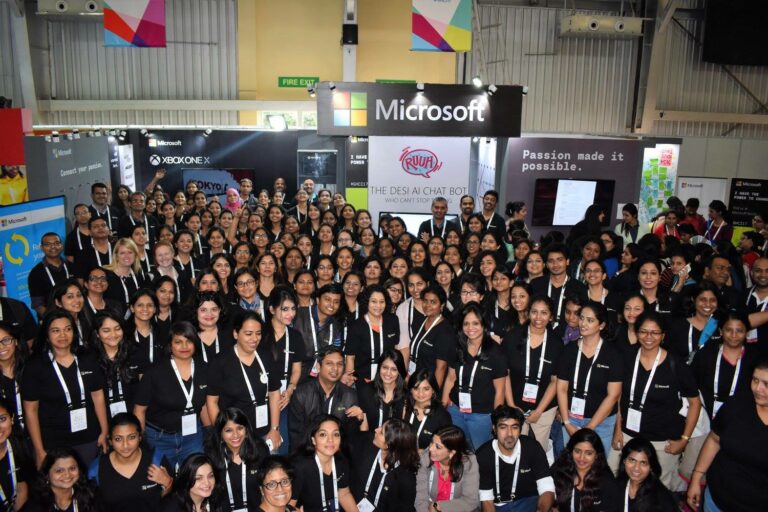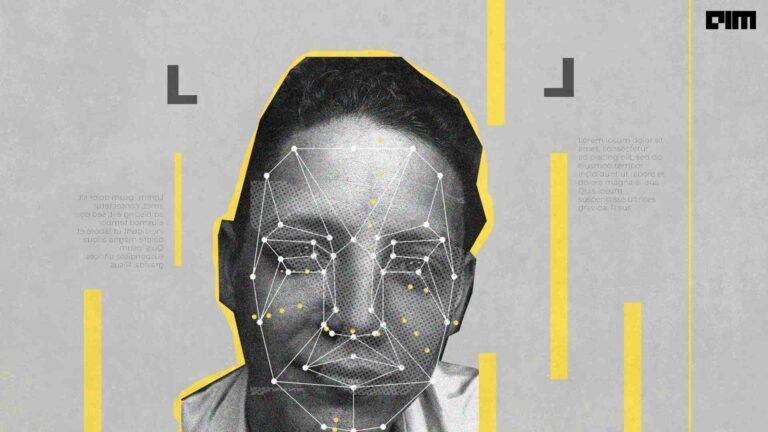Online learning may have been on the rise in recent years, but it has become a necessity with many places still under extended lockdowns amid the Covid-19 pandemic. As education undergoes a tremendous transformation with emerging technologies enabling digital learning, a natural progression may be to explore the potential of a segment that has not found large scale adoption yet — virtual exams.
With numerous exams being postponed or conducted amid massive health risks to students, remote proctoring can enable them to take exams in the safety of their homes. What is more, with AI-based invigilation technologies ensuring that they do not cheat or indulge in unfair means during the assessment, educational institutions can also benefit from this arrangement.
“We have arrived at an era where the adoption of online learning and the implementation of tech-driven education is the only way forward,” says Arjun Mohan, India CEO of upGrad. “With AI tackling the challenges of the offline model, especially amid such crucial times, it is sure to be a gamechanger and prepare students and educators for the post Covid-19 world,” he adds.
Using a combination of manual and AI-based technologies, remote proctoring offers several benefits. While it enables students to take a test from any location with certain technical prerequisites, it also eliminates the need for physical examination centres. It is cost-effective and is easy to schedule, both of which can be difficult to manage, especially during competitive exams.
“AI-proctored exams are a great way to ensure that the lockdown doesn’t mar the aspirations of students and that the academic calendar is followed in due time,” says Randhir Kumar, founder, of BasicFirst Learning. Adds Shweta Doshi, co-founder of career-focused edtech platform GreyAtom, “It’s an exciting time for educators to challenge the status quo on how we assess our learners.”
AI-Based Proctoring – How It works
While the finer details may differ with various niche offerings by service providers, the overall modus operandi remains the same. Students are provided with a link, which when activated, shifts the laptop or computer into a fortified browsing mode, which secures the screen and keyboard to restrict movements beyond the contained space.
Here, AI is trained to assist in proctoring, where it empowers the system to be mindful of candidates’ movements and take note of any discrepancies in activities – be it shifty eyes or body movements, recording if they are gazing somewhere repeatedly or interacting with someone, and even documenting how many times they are pushing the Alt+Tab keys to switch to different windows. If a student is caught cheating through any of these means, the same can be flagged to authorities for subsequent action. This will reduce the chances of cheating among students.
For instance, Mercer Mettl offers a suite of technologies to users. Its key features include candidate authentication and AI-based proctoring.
Candidate authentication involves photo and ID card verification, as well as a quick authentication using OTP. Students are required to enter their registration details, get a picture clicked using the webcam, and verify their ID proof to eliminate any risk of impersonation.
Its AI-based proctoring solution involves facial detection, detection of mobile phones, and more, to monitor candidates behaviour for any suspicious activity.
AI-powered proctoring solutions can be used for conducting all sorts of assessments – be it university entrance exams, semester evaluations in schools, or even certification tests for online courses. In fact, Scaler Academy has been using AI-based proctoring tools to conduct online tests for its six-month intensive computer science course.
“AI-based proctoring tools have the potential to be much more effective and accurate than human intervention in any assessment,” feels Abhimanyu Saxena, co-founder of Scaler Academy. “It is impossible for human invigilators to ensure 100% accuracy when it comes to students not employing cheating or copying tactics. That is not the case with AI, which can track and flag something as small as shifty eye movements, which can emerge from the use of a cell phone or an alternative screen while giving a test,” he adds.
In the Scaler Academy entrance test, the entire length of the assessment is monitored by proctoring tools that record everything. Post the exam, all the solutions submitted are run through proprietary proctoring tools that check plagiarism as well – not just the text, but also the semantic flow of solutions.
In fact, according to Ankush Singla, co-founder of Coding Ninjas, AI proctoring tools are being toyed as part of assessments conducted on potential employees during recruitment processes as well. “In fact, many firms are using software like Mercer Mettl, ProctorU, Examity, Verificient, AI Proctor, and more, for an accurate and error-free evaluation of exams,” he says.
Challenges & Opportunities
There may be several benefits of AI-driven online examinations, but it carries several prerequisites, including a functional computer or laptop, high-speed internet connection, and several accessories including a webcam and speakers. Although many people may have such an arrangement at home, scaling this tool entails that a wider population uses it as well.
“In a country like India, the looming challenges for students in remote areas with poor or no internet connectivity and limited infrastructure can restrict their access to this model, as a disrupted internet connection may not allow students to login in at the same time and complete the exam,” says upGrad’s Mohan. “There could also not be enough bandwidth for the webcam application to work optimally, thereby leading to more complicated technical challenges,” he adds.
Concurs BasicFirst Learning’s Kumar, “Even though innovations are underway for students to take virtual exams, numerous challenges remain before they can become mainstream in India. Many students either don’t have a proper internet connection at home or the means to take the exams online or sometimes both.”
Adds Ashutosh Kumar, co-founder of Testbook, “Although the rising trend of online proctoring has been visible in other countries, India still has a few challenges to surmount before it can be made mainstream.” Therefore, an improvement in accessibility can overall improve the results of the AI proctoring model and ensure maximum usage across all levels.
However, despite the challenges, GreyAtom’s Doshi sees an opportunity here to personalise learning and not just use proctoring platforms as a tool for better-conducted tests.
“I strongly feel this an opportunity to go beyond, and design tests where AI is evaluating learners not just at one point in time, but consistently over a period, giving constant feedback for improvement, along with a path and recommendation to improve,” says Doshi. “The systems must be designed to capture data from the beginning, which can then make possible all kinds of personalisation and prediction experiments,” she adds.
According to her, proctoring tests is just one part of the larger problem statement on how to evaluate learners on an ongoing basis, and can instead, be used as a tool to diagnose a learner’s gaps in understanding to get better outcomes. She explains:
“As a learner attempts more tests, based on the behavioural, cognitive signals, the system updates its model of the learner’s understanding and adjusts the curriculum accordingly. As more learners use the system, it spots previously unreleased connections between concepts. The ML algorithms then update the relationship in the knowledge graph to take these new connections into account, identify learner gaps, recommend the right courses and finally in newer tests, help the learners perform better.”


















































































